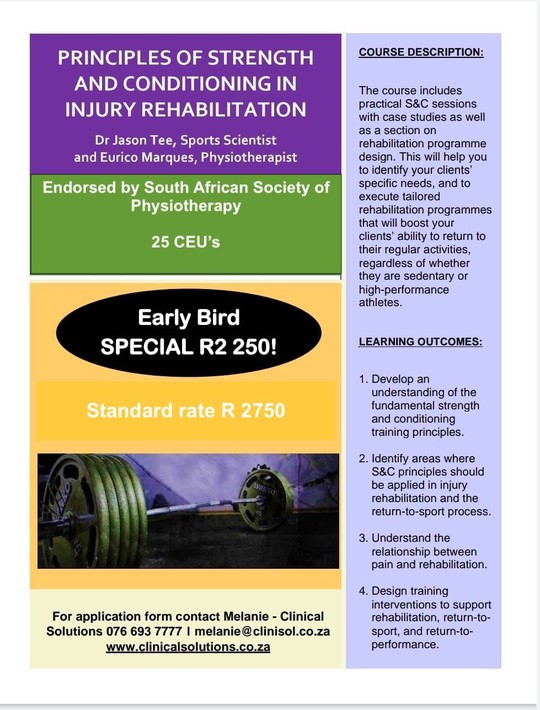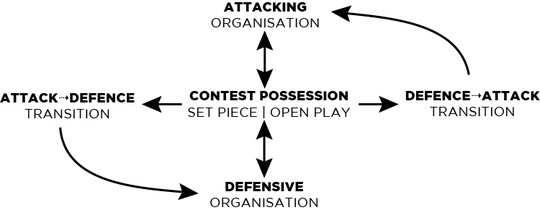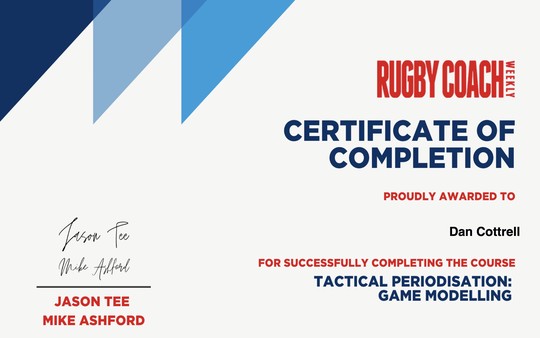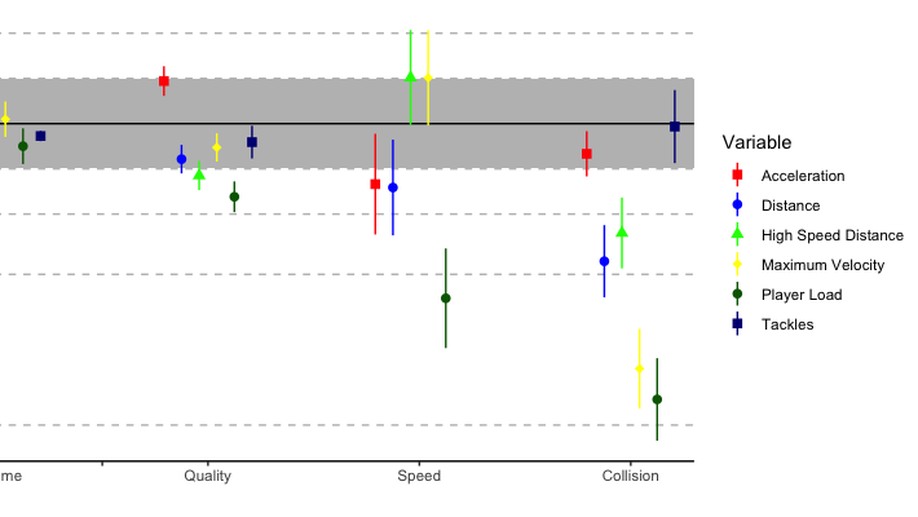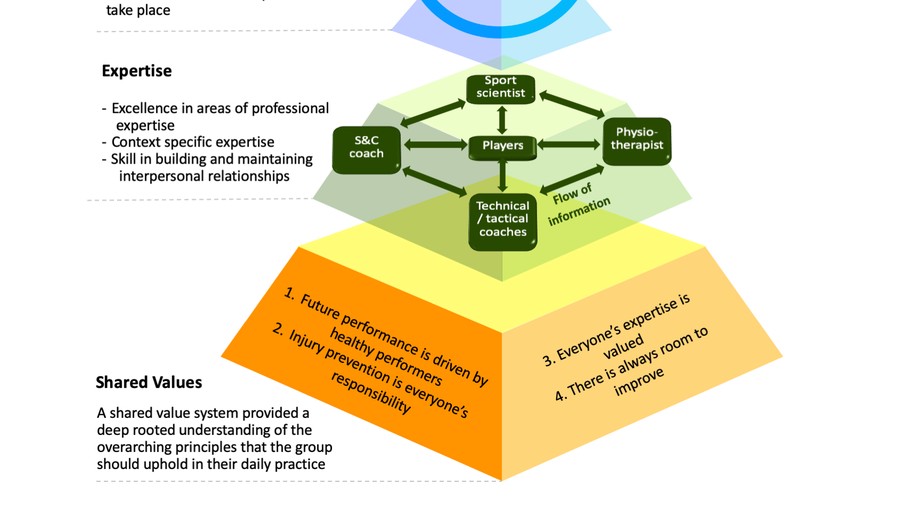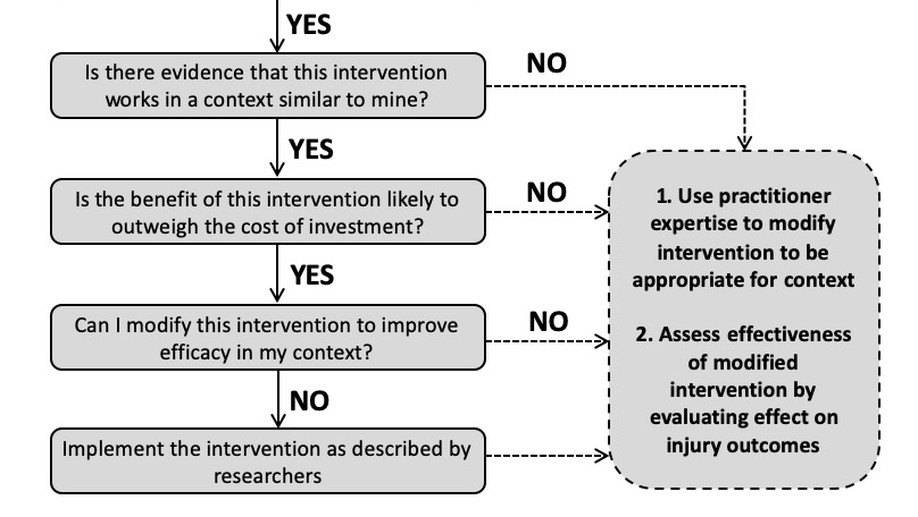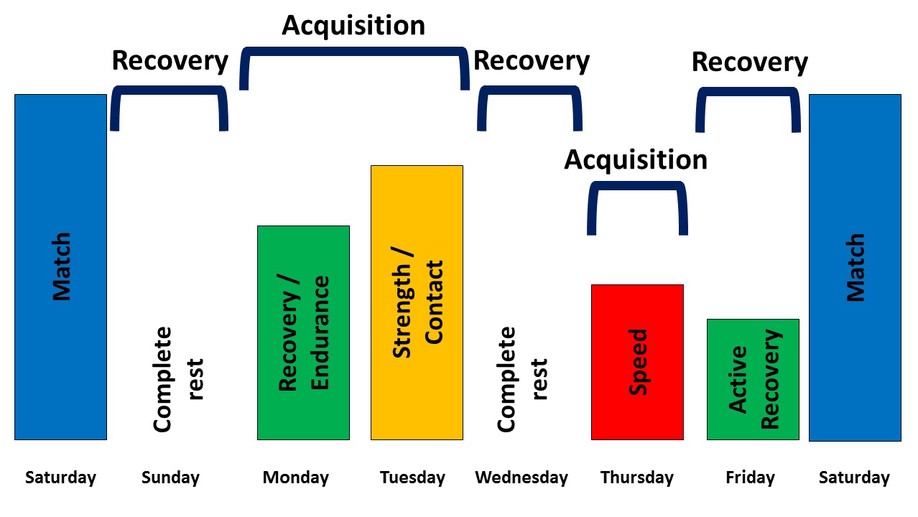Jason Tee
Coach educator and performance consultant
Biography
Jason Tee is a sports coach and scientist with broad experience in talent development, injury prevention and coach education. He has worked across the development pathway from grassroot to international competition. Jason combines research evidence with real-world experience to produce effective performance solutions.
Jason is a nationally ranked research scientist and is available for research supervision, coach education and development, and performance consulting.
Interests
- Coach development
- Injury prevention
- Optimising performance
Education
-
PhD in Sports Science, 2016
University of Johannesburg
-
Certified Strength and Conditioning Specialist (CSCS), Accredited since 2011
NSCA
-
MSc in Sports Science, 2009
University of the Witwatersrand
-
BSc (Hons) in Exercise Science, 2006
University of Cape Town
